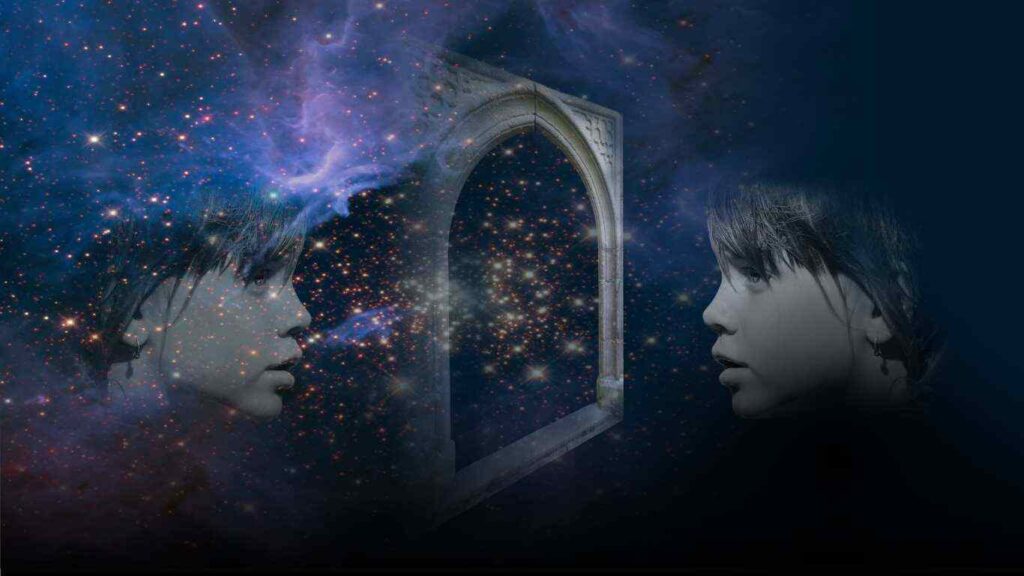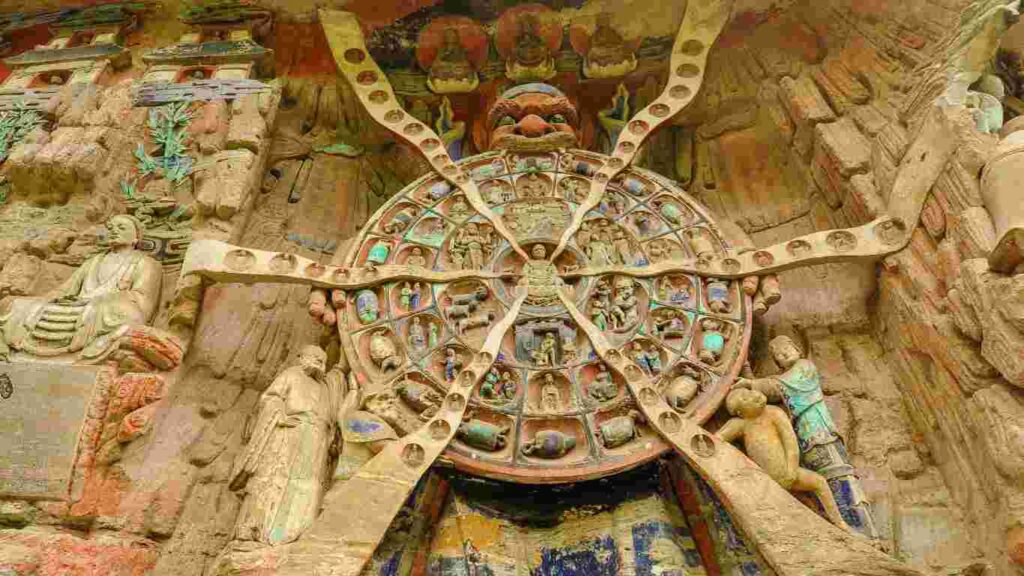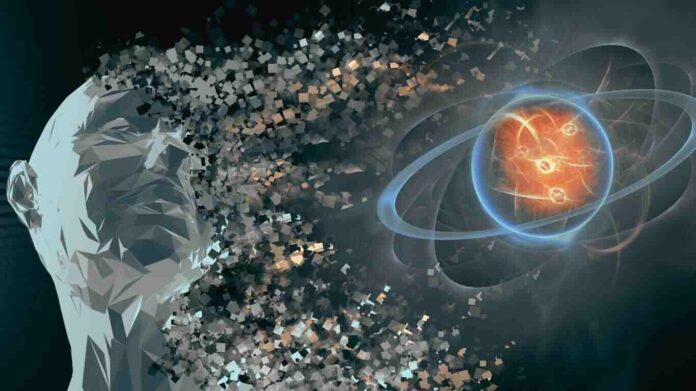Reincarnation, or samsara in Sanskrit, is a central belief in Hinduism, deeply intertwined with the religion’s spiritual teachings. It refers to the cycle of birth, death, and rebirth, a process that a soul undergoes until it achieves liberation or moksha. In Hindu philosophy, the concept of reincarnation is not only about a soul moving from one life to the next but is also a reflection of the eternal nature of the soul and its journey through the karmic cycle. Understanding reincarnation in Hinduism involves grasping the core principles of karma, dharma, and moksha, which together guide an individual’s path through successive lives.
The Belief in the Eternal Soul in Hinduism
At the heart of Hindu spirituality is the belief that the true essence of a person is the atman, or soul, which is eternal and indestructible. The physical body is seen as a temporary vessel for the soul. Upon death, the body perishes, but the soul does not die. Instead, it takes on a new form, entering another body in a continuous process of rebirth. This belief is well illustrated in the Bhagavad Gita, one of Hinduism’s most sacred texts, where Lord Krishna explains to the warrior Arjuna that just as a person discards old clothes for new ones, the soul discards an old body and enters a new one. This metaphor highlights the transitory nature of life and the eternal nature of the soul.
The soul’s journey is governed by the law of karma, which plays a crucial role in determining the circumstances of each rebirth.

Karma and Dharma: Foundations of Reincarnation in Hinduism
Karma, meaning action or deed, is the law of moral causation in Hinduism. It dictates that every action, whether good or bad, has consequences that will affect the soul in future lives. Good actions create positive karma, leading to favorable rebirths, while negative actions accumulate bad karma, leading to more challenging lives in subsequent incarnations. This belief promotes moral responsibility and encourages ethical behavior, as every act has consequences that reverberate across lifetimes.
Dharma, on the other hand, refers to the duties, responsibilities, and moral order that govern an individual’s life. It is closely linked to one’s role in society and is believed to help maintain balance in the universe. Fulfilling one’s dharma can lead to spiritual growth and help an individual accumulate good karma. Conversely, neglecting one’s dharma can result in the accumulation of bad karma. In the context of reincarnation, one’s dharma and karma from previous lives influence the conditions of future births, including caste, wealth, health, and even the duration of one’s life.
The Cycle of Samsara

The process of reincarnation is often depicted as an endless cycle of samsara, in which souls are repeatedly born and reborn in various forms, both human and non-human. This cycle is considered a form of suffering because it ties the soul to the material world, which is inherently filled with pain, desire, and ignorance. The ultimate goal of Hindu spirituality is to escape this cycle and attain moksha—a state of liberation or self-realization where the soul is freed from the constraints of the physical world and becomes one with the divine.
Moksha is not easily attained, and for most individuals, it requires several lifetimes of spiritual practice, adherence to dharma, and the accumulation of good karma. Different paths to moksha exist within Hinduism, including jyana (knowledge),
bhakti* (devotion),
and karma (selfless action).
Each path provides a unique approach to transcending the material world and breaking free from the cycle of samsara.
Reincarnation and Hindu Rituals
Hindu rituals and practices are deeply influenced by the belief in reincarnation. Funeral rites, for example, are performed with the understanding that the soul is preparing to move on to its next life. The body is cremated, and prayers are offered to ensure that the soul’s journey to its next birth is peaceful. Hindu scriptures, including the Vedas and Upanishads, often emphasize the importance of proper rites and rituals to aid the soul in its transition.
Similarly, rituals such as puja (worship) and yoga are seen as means to purify the mind and body, helping to reduce negative karma and guiding the soul toward spiritual enlightenment. These practices are designed not just to seek blessings for the present life but also to prepare the soul for its ultimate goal of liberation.
Modern Interpretations and Global Influence of Reincarnation in Hinduism
Reincarnation in Hinduism has fascinated individuals beyond the borders of India. In modern times, the belief in reincarnation has gained traction in Western spirituality and among those who seek alternative understandings of life and death. With the growing popularity of practices such as meditation and yoga worldwide, reincarnation and Hindu spirituality have found a place in global discussions about the afterlife, karma, and spiritual growth.
In the contemporary world, many interpret reincarnation less as a literal cycle of rebirth and more as a metaphor for personal transformation. The idea of spiritual evolution through repeated lifetimes can serve as a framework for understanding personal growth, ethical behavior, and the search for deeper meaning in life.
Reincarnation in Hinduism spirituality represents the continuous journey of the soul through cycles of birth, death, and rebirth, influenced by karma and dharma. It serves as a foundation for Hindu ethics, rituals, and spiritual practices, all aimed at helping individuals escape the material world and achieve moksha. While deeply rooted in ancient Indian philosophy, the concept of reincarnation continues to resonate in modern spiritual discourses, offering profound insights into the nature of existence, morality, and the eternal quest for liberation.

